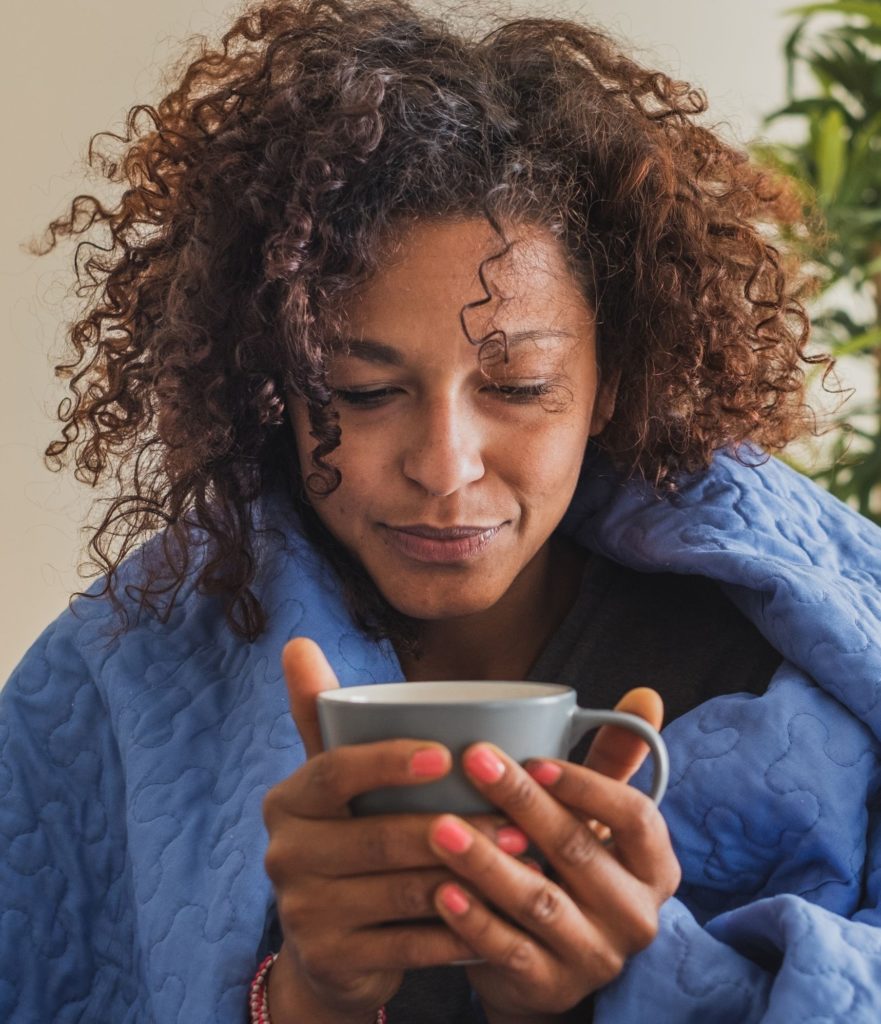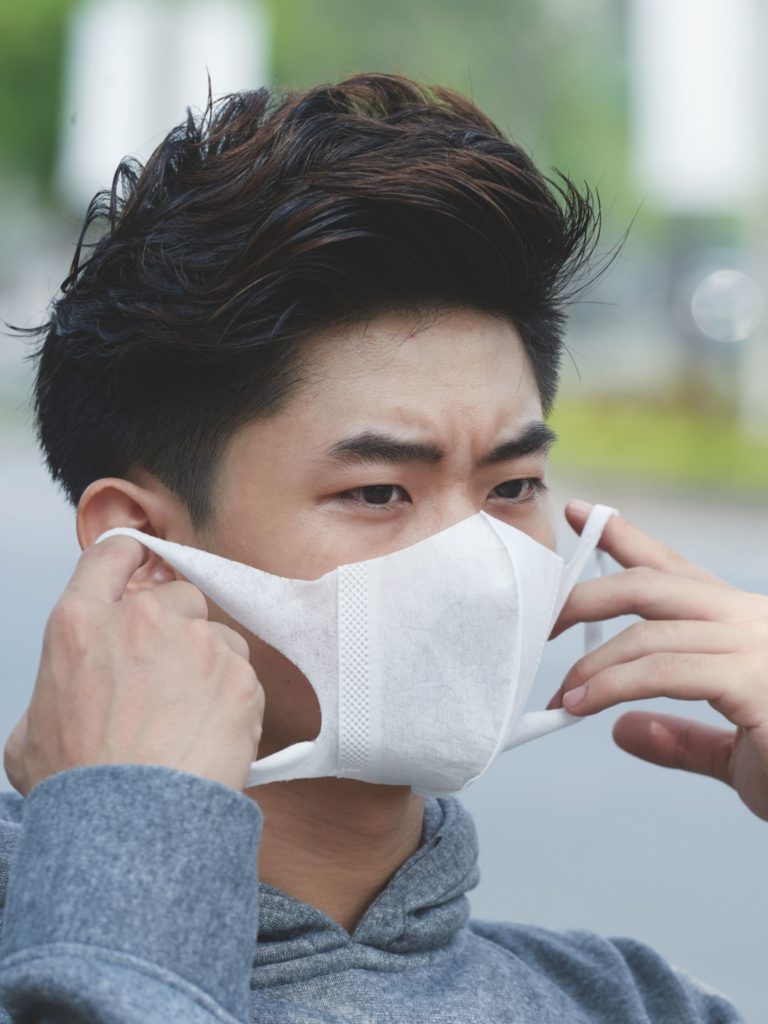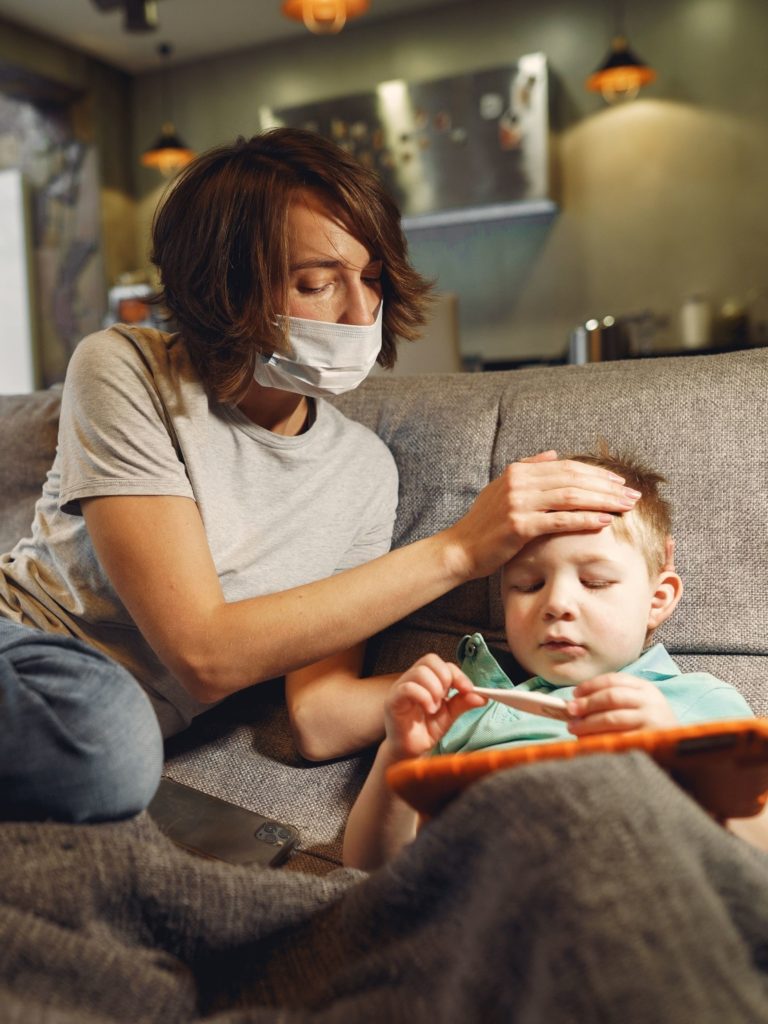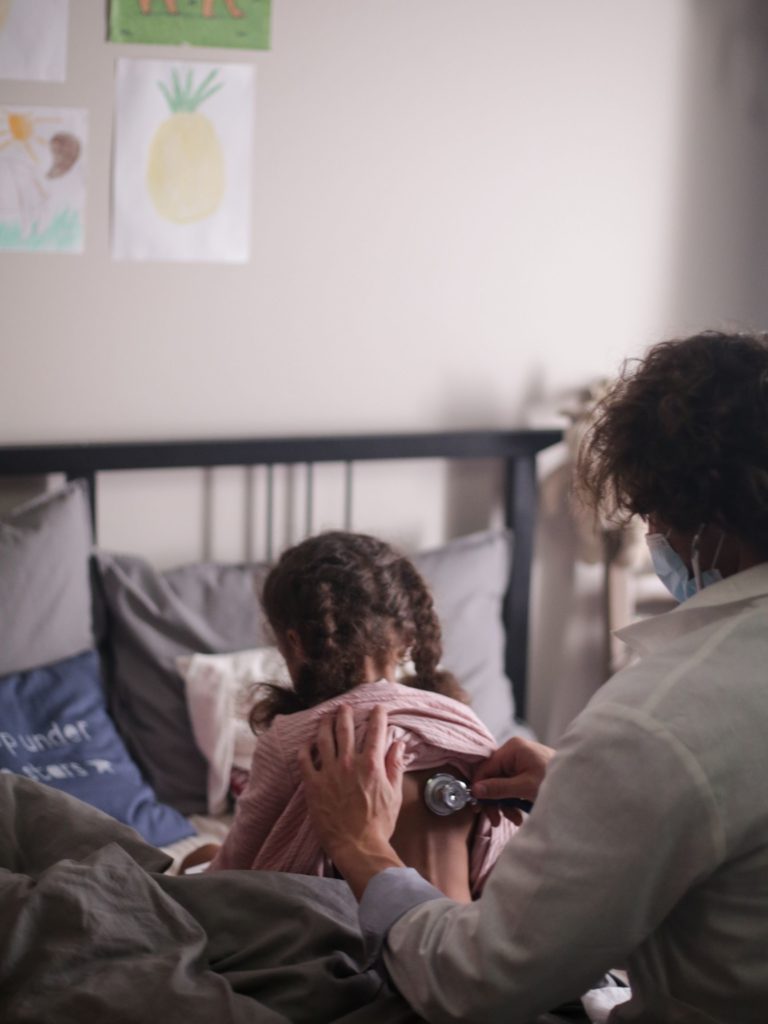Blog
At-Home COVID-19 Treatment: Caring for Your Family
If you have coronavirus disease 2019 (COVID-19) and you’re caring for yourself at home or a family member with COVID-19 at home, it is important to keep everyone in your household safe. Check out these tips provided by The Mayo Clinic for at-home COVID-19 treatment:
Emergency Warning Signs
Carefully monitor yourself or your loved one for worsening symptoms. If symptoms appear to be getting worse, call the doctor.
If you or the person with COVID-19 experiences emergency warning signs, medical attention is needed immediately. Call 911 or your local emergency number if the sick person can’t be woken up or you notice any emergency signs, including:
- Trouble breathing
- Persistent chest pain or pressure
- New confusion
- Bluish lips or face
- Inability to stay awake
At-Home COVID-19 Treatment

Most people who get COVID-19 will only experience mild illness and can recover at home. Symptoms might last a few days, and people who have the virus might feel better in about a week. Treatment for COVID-19 is aimed at reducing symptoms which includes rest, fluid intake and pain relievers.
Follow the doctor’s recommendations about care and home isolation for yourself or your loved one. Talk to your doctor if you have any questions about treatments. Help sick persons get groceries and any medications.
Consider how caring for a sick person might affect your health. If you are older or have an existing chronic medical condition, such as heart or lung disease or diabetes, you may be at higher risk of serious illness with COVID-19. You might consider isolating yourself from the sick person and finding another person to provide care.
Protecting Others If You’re Ill
If you’re ill with COVID-19, you can help prevent the spread of infection with the COVID-19 virus.

- Stay home from work, school and public areas unless it’s to get medical care.
- Avoid using public transportation, ride-sharing services or taxis.
- Stay isolated in one room, away from your family and other people, as much as possible. This includes eating in your room. Open windows to keep air circulating. Use a separate bathroom, if possible.
- Avoid shared space in your home as much as possible. When using shared spaces, limit your movements. Keep your kitchen and other shared spaces well ventilated. Stay at least 6 feet (2 meters) away from your family members.
- Clean often-touched surfaces in your separate room and bathroom, such as doorknobs, light switches, electronics and counters, every day.
- Avoid sharing personal household items, such as dishes, towels, bedding and electronics.
- Wear a face mask when near others. Change the face mask each day.
Protecting Yourself While Caring for Someone with COVID-19
To protect yourself while caring for someone with COVID-19, the U.S. Centers for Disease Control and Prevention (CDC) and the World Health Organization (WHO) recommend:

- Keep your hands clean and away from your face. Frequently wash your hands with soap and water for at least 20 seconds, especially after being in close contact or in the same room as the sick person. If soap and water aren’t available, use a hand sanitizer that contains at least 60% alcohol. Avoid touching your eyes, nose and mouth.
- Consider wearing a face mask. If you need to be in the same room with the person who is ill and he or she isn’t able to wear a face mask, wear a face mask. Stay at least 6 feet (2 meters) away from the ill person. Don’t touch or handle your mask while you are using it. If your mask gets wet or dirty, replace it with a clean, dry mask. Throw away the used mask and wash your hands.
- Clean your home frequently. Every day, use household cleaning sprays or wipes to clean surfaces that are often touched, including counters, tabletops and doorknobs. Avoid cleaning the sick person’s separate room and bathroom. Set aside bedding and utensils for the sick person only to use.

- Consider wearing a face mask. If you need to be in the same room with the person who is ill and he or she isn’t able to wear a face mask, wear a face mask. Stay at least 6 feet (2 meters) away from the ill person. Don’t touch or handle your mask while you are using it. If your mask gets wet or dirty, replace it with a clean, dry mask. Throw away the used mask and wash your hands.
- Clean your home frequently. Every day, use household cleaning sprays or wipes to clean surfaces that are often touched, including counters, tabletops and doorknobs. Avoid cleaning the sick person’s separate room and bathroom. Set aside bedding and utensils for the sick person only to use.
- Be careful with dishes. Wear gloves when handling dishes, cups or utensils used by the sick person. Wash the items with soap and hot water or in the dishwasher. Clean your hands after taking off the gloves or handling used items.
As you or your loved one recover from COVID-19, seek emotional support from others. Read a book, watch movies, play online games or enjoy other activities to take your mind away from the pandemic. For more information and tips on at-home COVID-19 treatment, visit the Mayo Clinic.